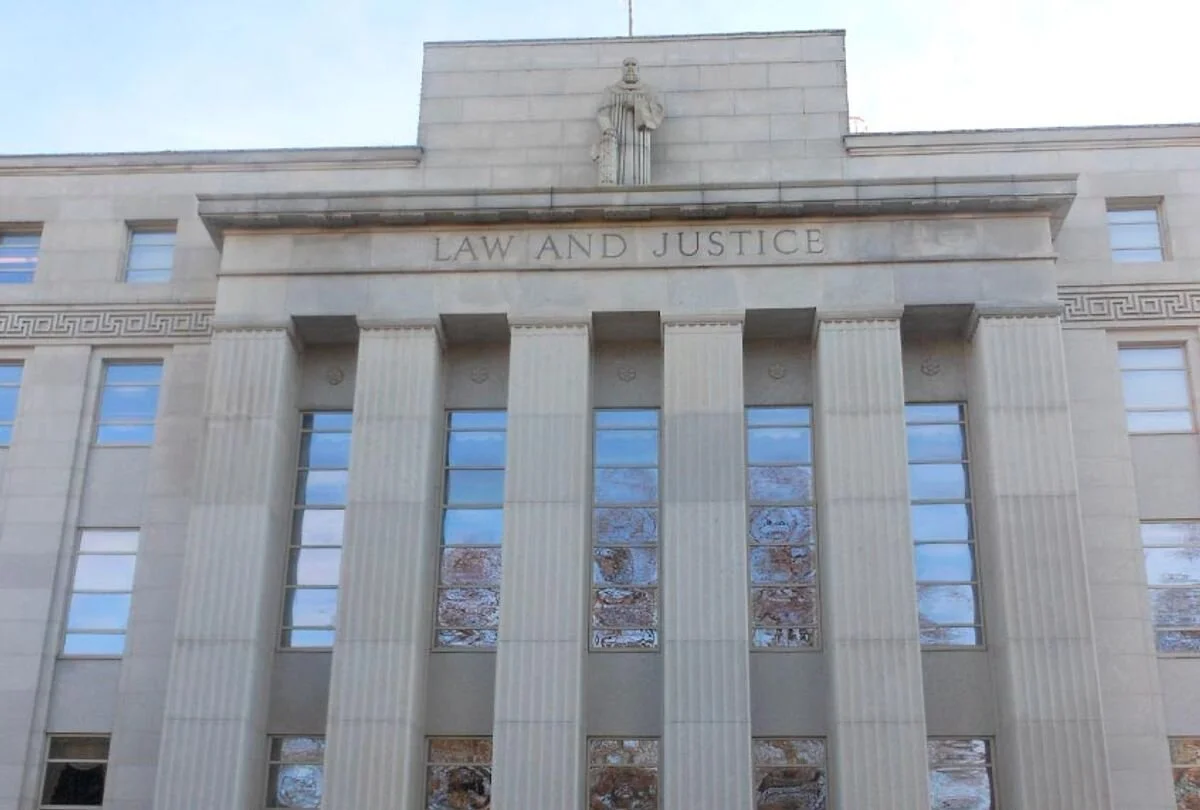NC Supreme Court Faces Questions Over Gerrymandering, Referenda, and Recusals.
NAACP v. Moore is a court battle over the General Assembly’s authority to place amendments on the ballot, but also who should be allowed to judge what cases. Source: Salon
The North Carolina Supreme Court is set to resolve a dispute, NAACP v. Moore, over the legitimacy of legislators elected by gerrymandered districts that were later struck down as unconstitutional — a case that could have long-term ramifications for North Carolina’s legislative and judicial landscapes.
NAACP v. Moore is not grappling with the question if the North Carolina General Assembly engaged in illegal gerrymandering, as that was resolved in North Carolina v. Covington: They did. The question now is if, consequently, the NCGA lost its authority to propose amendments to the people of North Carolina, because in North Carolina, amendments need the support of a supermajority, or three-fifths, of legislators, to be put on the ballot as referenda for the people to vote on. Controversy erupted particularly over these two amendments as they placed a cap on the income tax rate and required voters to show a photo ID. Both are deeply divided partisan issues, particularly the voting requirements, as Democrats believe they disenfranchise marginalized groups, while Republicans believe they help election security.
The plaintiffs are arguing that because lawmakers were elected under illegal maps, they then lost the authority to legislate on behalf of their constituents. Thus, the amendments should never have been placed on a ballot. The defendants, GOP lawmakers, respond by arguing this is a highly slippery slope, and if the courts overturn amendments, then the courts may begin to overturn every law passed by the NCGA during that time, causing political chaos. The plaintiffs respond that because amendments need a supermajority and not a simple majority, they are fundamentally different from other legislation.
The case faces the NC Supreme Court now, but it began in February 2019, when Wake County Superior Court Judge Bryan Collins sided with the plaintiffs, writing that because of the illegally gerrymandered maps, the “General Assembly lost its claim to popular sovereignty.” The case then went to the North Carolina Court of Appeals, which, in a vote split along party lines, ruled in September 2020 that the lower court had erred. Judge Chris Dillion, in particular, argued that the judiciary should not attempt to thwart the legislative branch.
Now NAACP v. Moore faces the state Supreme Court, which has seven members, three of which are Republicans. In July, the plaintiffs requested that two of these, Justices Phillip Berger Jr. and Tamara Barringer, be removed from judging on the case, as they claimed both had personal connections to the case at hand. Barringer served in the NCGA when the amendments were being passed, which the plaintiffs claim displays personal attachment to this case and thus means she should excuse herself from judging the case, also called a recusal. However, defendants argue that past service as a legislator has never been used as a reason for recusal.
Berger, on the other hand, has familial ties in the case, as since 2010 his father has served as the Republican Senate President Pro Tempore and is the defendant in the case. Defendants argue that Justice Berger’s father is acting in his official capacity and thus is only serving on behalf of the state. The obvious counter-argument is ruling against a family member is difficult to do so impartially, and so judges typically recuse themselves from cases involving family.
The court released questions regarding involuntary recusal, so observers are wondering if the other justices are considering forcing a recusal, which would be unprecedented and have long-term ramifications on the judiciary and political system. Republicans are condemning this as a Democratic power grab, whereas Democrats defend it by arguing that it removes justices from issuing unjust or biased rulings.
If the NC Supreme Court sides with the plaintiffs and decides that because of the illegally gerrymandered maps, the NCGA lacked the authority for placing referenda on the ballot, it would invalidate the referenda. However, it might also set a precedent for expansion of judicial power to overturn legislative measures. Similarly, if the court forces certain justices to recuse themselves due to personal connections, it may also set off a drawn-out partisan battle in the courts where justices confront each other about personal biases and private relationships. Whichever side of the battle the court lands on now will answer one question but bring many other questions to the forefront of national debate — none of which will have clear answers.

